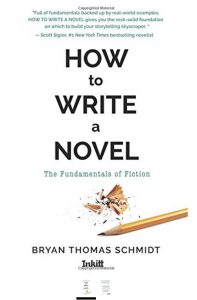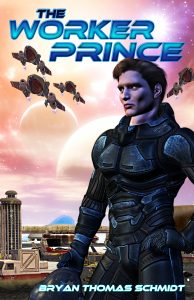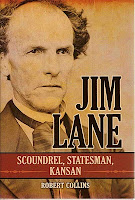Today, I thought I’d list the 15 writing books I find most helpful to my writing and teaching writing and offer a little explanation as to why. Hopefully some of these are useful and helpful to you. I am doing these in no particular order of priority, but instead based on how they fit with each other.
The first 8 are part of an excellent Writer’s Digest series called ELEMENTS OF FICTION WRITING. These are by no means all of the books in that series. All of them are excellent, but these 8 are the ones I have referred to most often myself.
- Beginnings, Middles, and Ends (Elements of Fiction Writing) by Nancy Kress — Kress takes you through not only the importance of these three pieces of any good story but also the hows and whys of writing them in a very organized and useful way.
- Characters and Viewpoint (Elements of Fiction Writing) by Orson Scott Card — Excellent examination of building characters that spring to life and dealing with points of view.
- Conflict, Action & Suspense (Elements of Fiction Writing) by William Noble — No good story can exist without conflict, action, and suspense, and Noble tells you what they are, how to write them, and why they matter succinctly.
- Description (Elements of Fiction Writing) by Monica A. Wood — one area I had the most to learn when I became a novelist. And Wood expertly helps you learn the hows, whys, and wherefores.
- Dialogue (Elements of Fiction Writing) by Lewis Turco — Dialogue has always been one of my strengths (or so I was always told) but this book helps examine things like etymology, accents, and more which go beyond just good every day dialogue.
- Plot (Elements of Fiction Writing) by Ansen Dibell — A key resource on an essential tool for any writer and something most books live or die on: plotting.
- Setting (Elements of Fiction Writing) by Jack W. Bingham — An excellent how to.
- Voice & Style (Elements of Fiction Writing) by Johnny Payne — Wanna know the difference? Wanna develop your own? Look no further. Truly eye opening.
- Checking on Culture by Lee Killough — A tiny little tome about a huge subject that just nails it. Her checklist alone is indispensable. Not to be missed.
- How To Write A Breakout Novel by Donald Maass/The Breakout Novelist by Donald Maass — Technically two books like the next entry, these two are by one of the most successful literary agents in the business and give you real insight into what editors and agents look for and what you need to write a sellable book.
- How To Write A Damn Good Novel by James N. Frey/How To Write A Damn Good Novel II by James N. Frey — Two books by a top author and teacher which examine key elements of successful novels, different areas are covered in each book. Essential reading.
- On Writing by Stephen King — If you don’t know King, this book gives you insight into his background as a person and his approach to writing. It’s incredibly useful as a writing tool and resource in addition to being a damn compelling autobiography.
- Screenplay by Syd Field — The essential book on 3 Act story structure, indispensable for novelists and screenwriters alike. This one was key reading in Hollywood for decades.
- The Emotion Thesaurus by Becca Pugliosi and Angela Ackerman — The one writing book I never write without, this one helps you nail the internal and external and mental signs of various emotions so well, you can describe them without ever mentioning the emotion. I use it daily while writing.
- The Ten Percent Solution by Ken Rand — The single best revision and editing book I have ever read. Like Killough, it is deceptively slim, but every word counts and it will revolutionize how to revise and edit your own work. Essential.
So those are my Top 15 Writing Books and briefly why. What are yours? For what it’s worth…













































































































